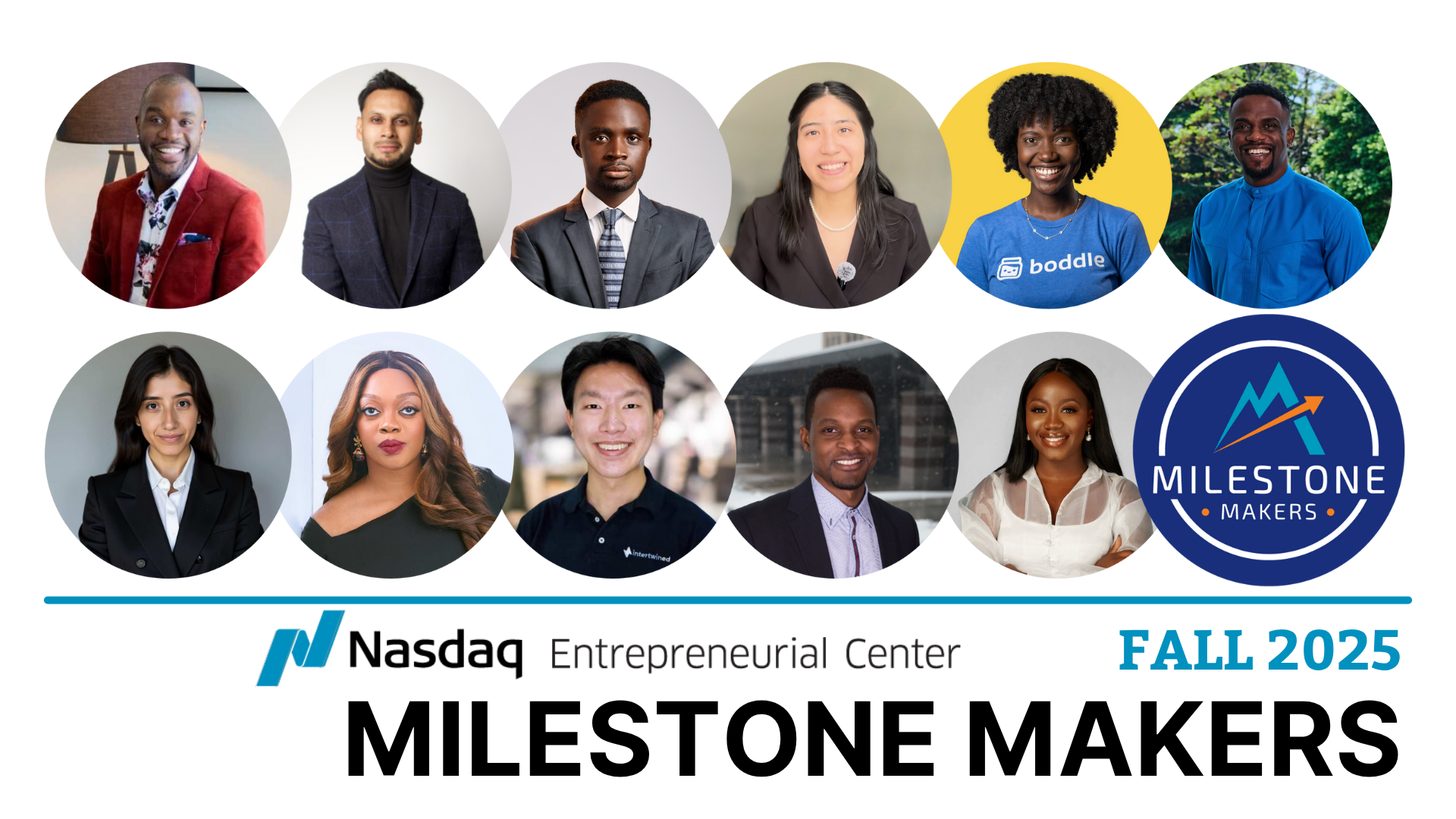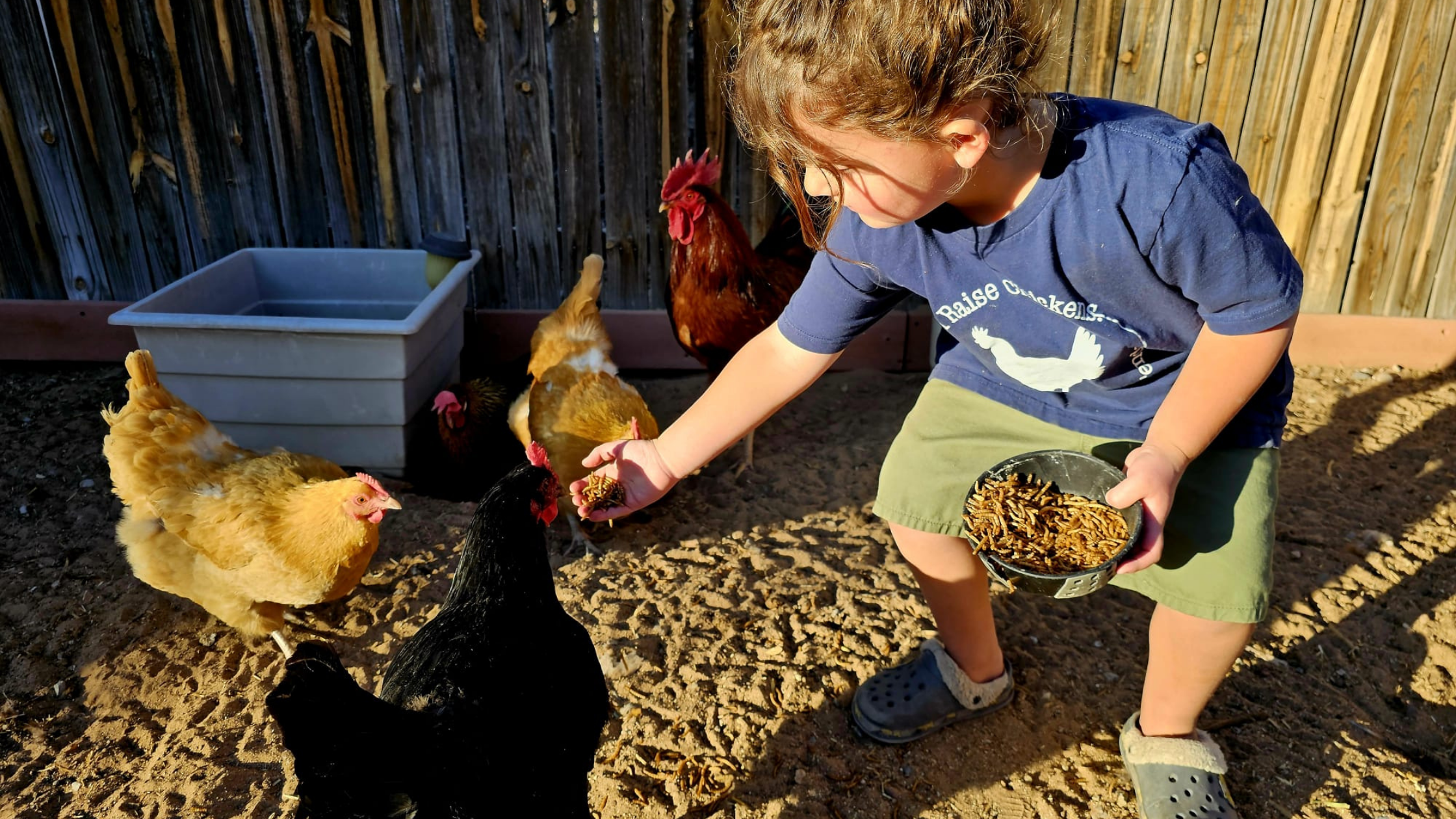BY JESSICA HICKS
Tamer Morsy is the CEO of Spotlight Media Labs, a content discovery platform working with creators and distributors to change the media landscape as we know it. Morsy and his team developed the Spotlight app to offer personal news recommendations based on machine learning algorithms and disseminate the content of local, national and college publications. In addition to being a grad of Lehigh University, Morsy also completed the Nasdaq Entrepreneurial Center’s Milestone Maker program last year. Morsy took the time to talk with the Nasdaq Entrepreneurial Center about Spotlight’s role in the ever-changing media industry and how he hopes to make information more widespread and accessible.
What does entrepreneurship mean to you?
TM: For me, entrepreneurship is a vehicle to make or invent something that moves an industry and, hopefully, the world forward.
How did your company come to be? Can you describe the “a-ha” moment that led to Spotlight’s conception?
TM: The a-ha moment for me came as I watched the steady decline of the newspaper industry and saw so many great papers go out of business. These local and college papers are the very lifeblood of their communities, and without them, they cannot thrive. We shouldn’t be OK with large parts of the country not having a free and open press.
(For example, Spotlight has worked with Penn State’s Daily Collegian. You can check out some of the publication’s work here and here.)
How is Spotlight changing the media landscape?
TM: We are changing the landscape in a few key ways — first publishers are stronger together. Our exclusive machine learning algorithms help publishers find new readers they wouldn’t have had access to before — it’s a natural network effect. Spotlight also shares revenue with its publishing partners because we think it’s time journalists are compensated for their work. Spotlight requires no additional overhead, as journalists should be able to concentrate on what matters most, which is creating great content.
What do you wish you knew when you started Spotlight? Is there anything you would do differently looking back now?
TM: I wish I knew how large an impact each team would have on the overall business. Partnering with the wrong organization or hiring someone that isn’t quite a fit can set you back months. If I could do it again, I would be more patient and take my time in choosing those who can really push Spotlight forward and create a positive work environment.
What credo do you live by as you grow your business?
TM: The advice I live by is “make life simple.” I ask, how can I make or develop tools that make difficult things easy or solve complex problems?
Where do you find inspiration when faced with challenges?
TM: When faced with challenges, I always take a break and connect with one of our publishing partners. They are so grateful and have so much faith in the work that we are doing that I am instantly revitalized.
What does success look like to you? What do you think will help you achieve it?
TM: In my eyes, success means developing a business that provides sustainable revenue for our publishing partners and making the world’s information truly accessible. If this happens, the business will outlive me.
What do you want your legacy as an entrepreneur to look like?
TM: I hope to be known as someone who brought delight and simplification to the world. In the end, I want people to know that my story was different — that sometimes the people who no one imagines anything of are the people who do the things that no one can imagine. Your background might slow you down, but don’t settle. That is someone close to me told me, and I hope that resonates with others.
On that note, what advice do you have for aspiring entrepreneurs or fellow entrepreneurs who are building businesses and leading teams?
TM: Being an entrepreneur is a lonely job at times, so you have to be comfortable making hard decisions, explaining why you are doing something and developing the right relationships. If you want to build a team and lead a team, ask yourself, would you get dinner with this person? Would you work for them or with them on something else? And finally, make sure the next person you add to the team can help you add the next person — great people know great people.




